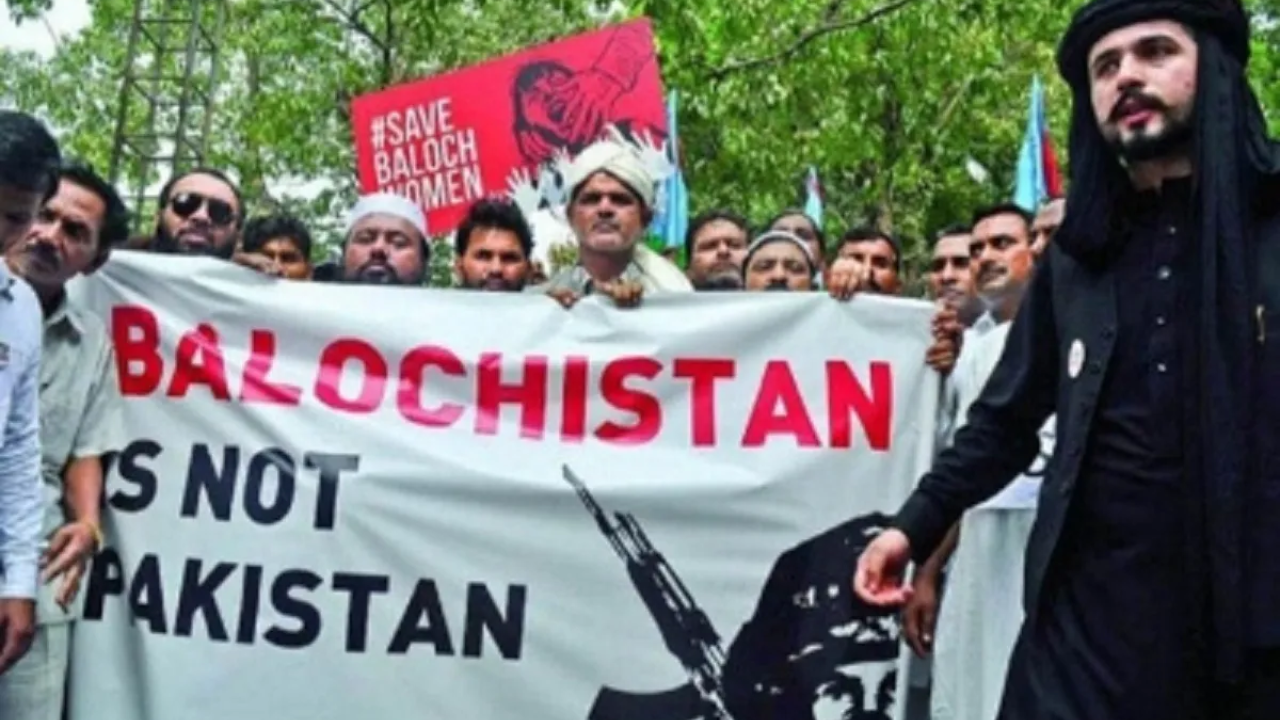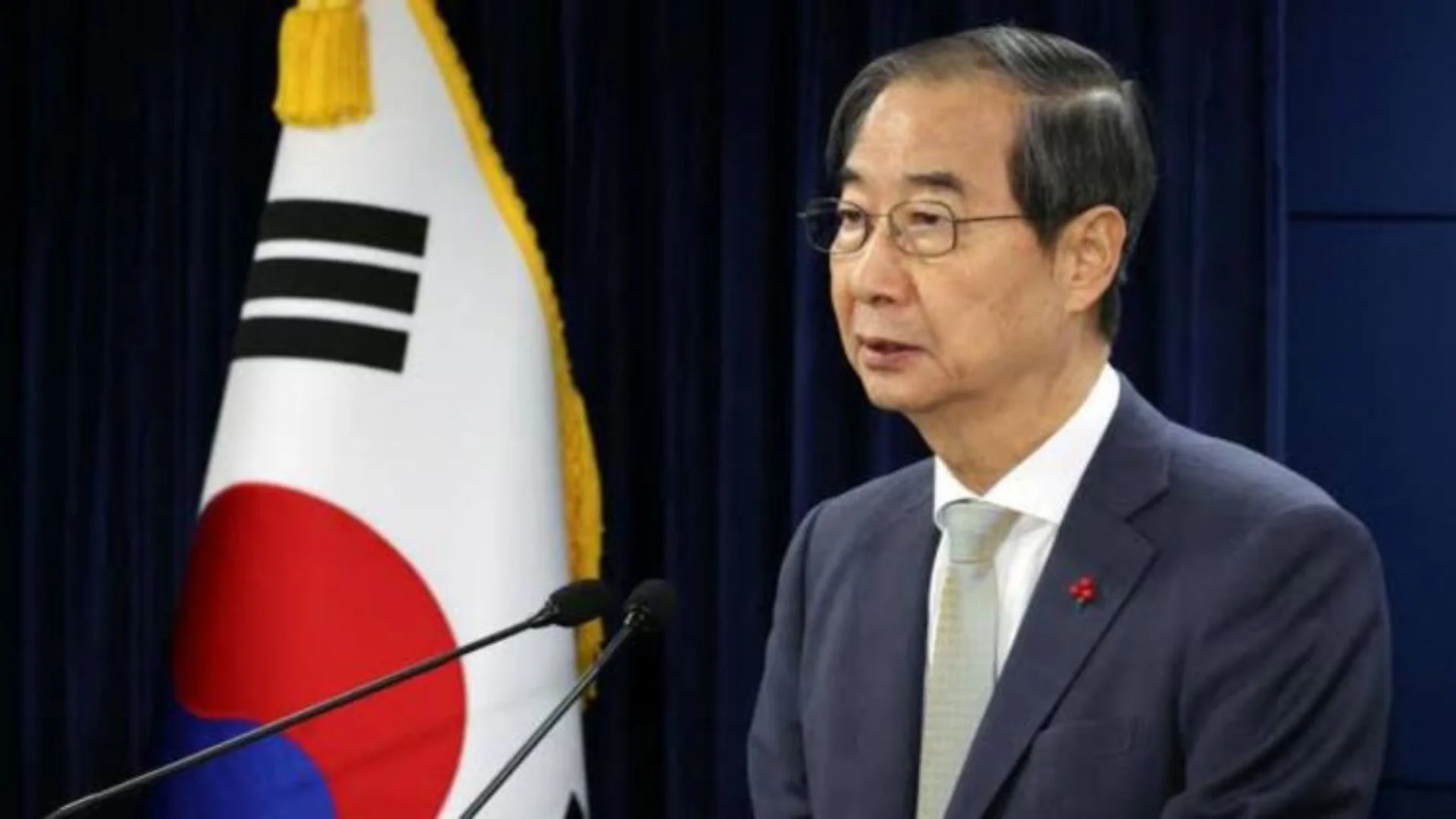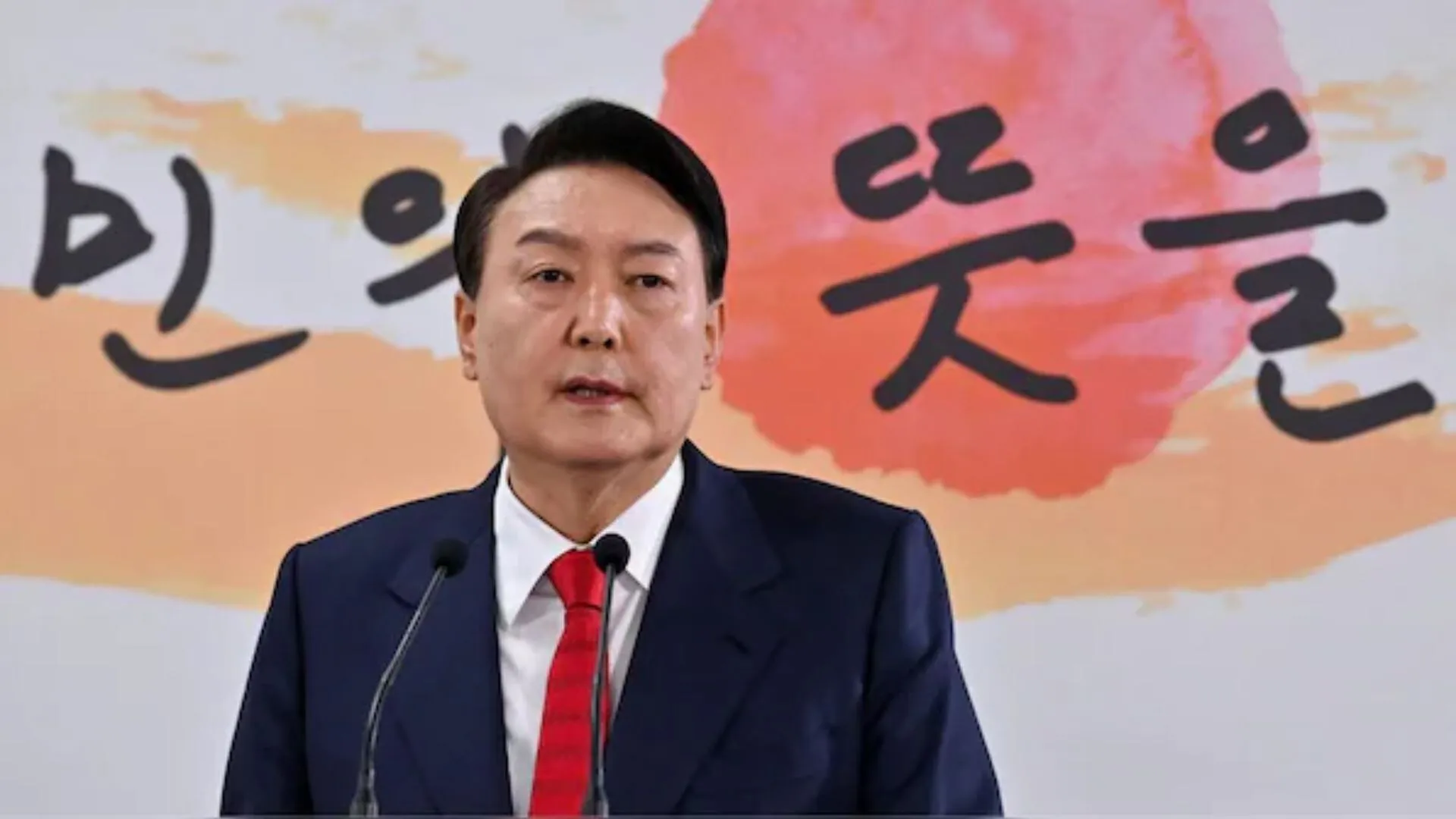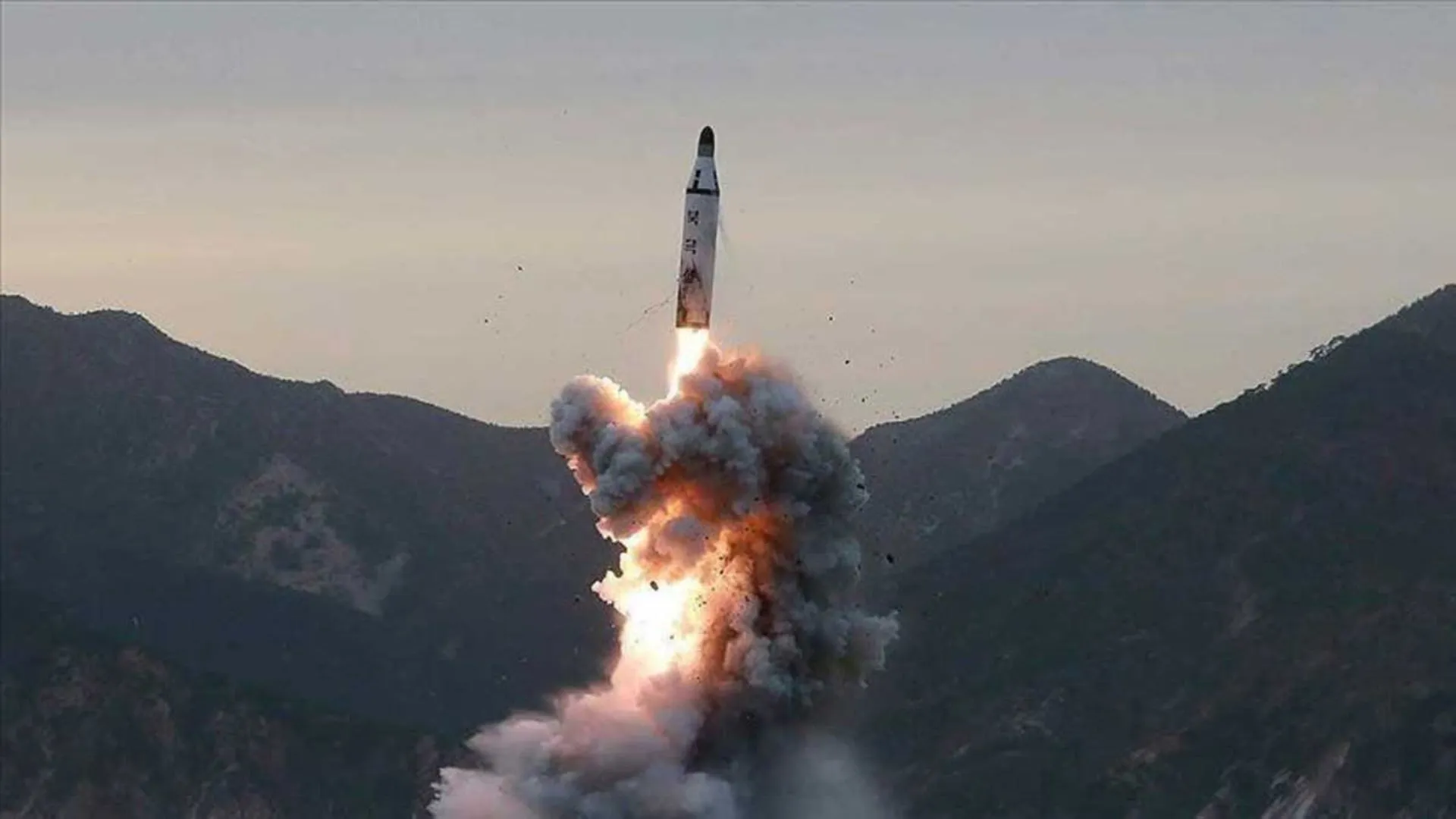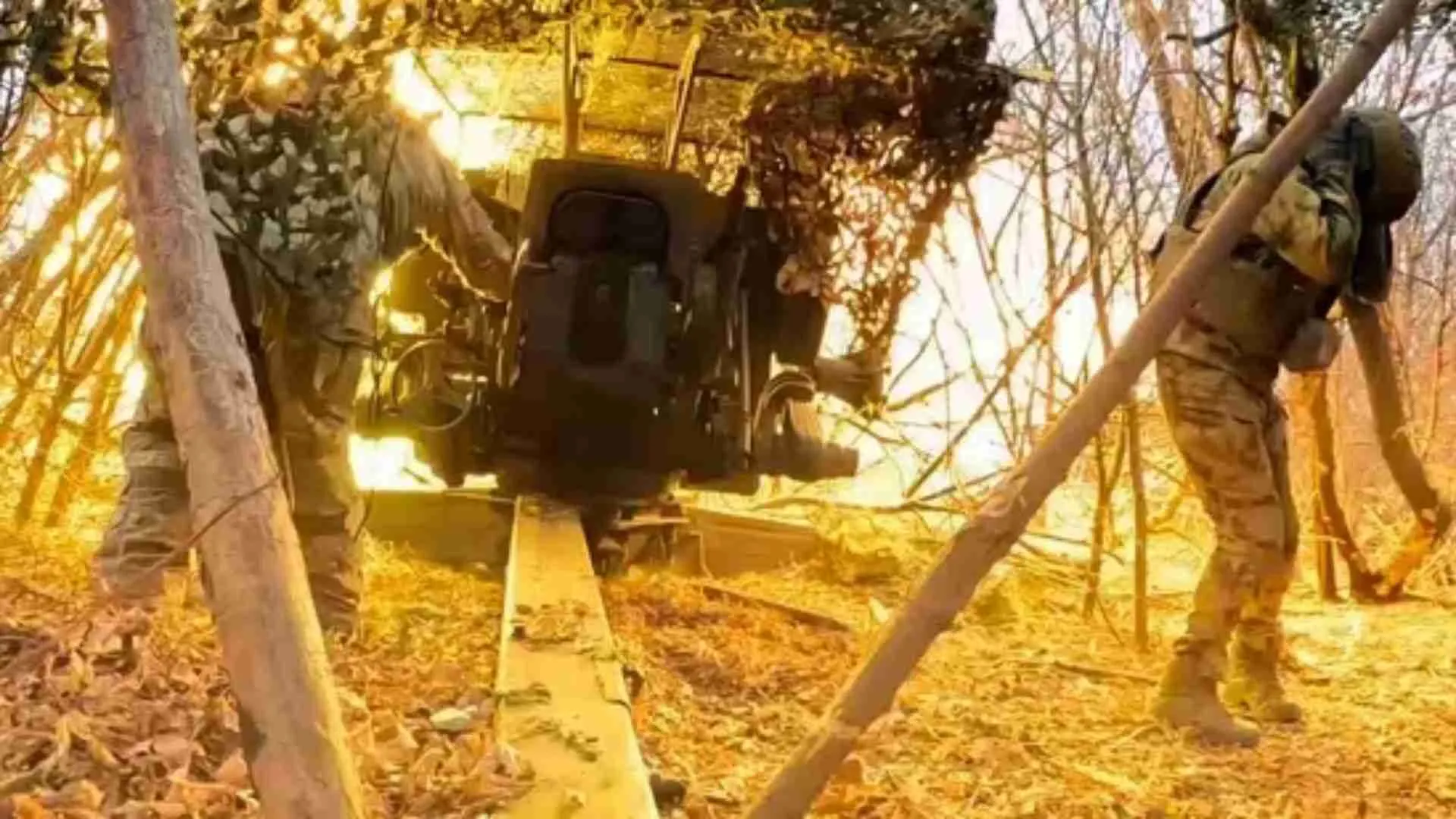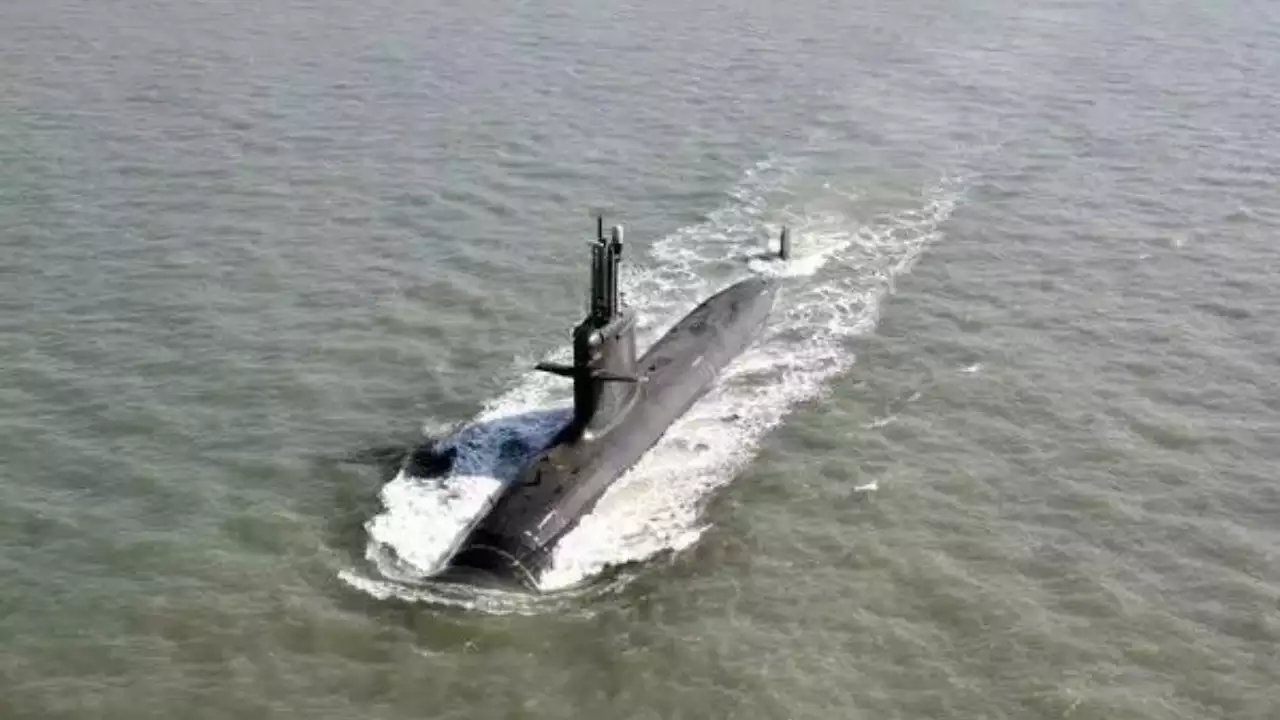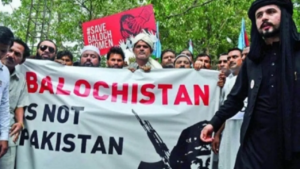President Asif Zardari’s recent visit to Gwadar comes at a critical juncture for Balochistan, amidst ongoing unrest fueled by decades of discontent and insurgency. The province, plagued by Pakistan’s military dominance and allegations of exploitation, remains a focal point of dissent and resistance.
During his visit, Zardari emphasized the need for political dialogue to foster development and peace in the region, alongside calls for bolstering law enforcement capabilities. However, critics point out the irony in these statements, highlighting the persistent abuses and corruption within the security apparatus that exacerbate rather than alleviate tensions.
The Baloch have long protested against what they perceive as neo-colonial rule imposed by Islamabad since Pakistan’s forcible annexation of Balochistan in 1948. Efforts to appease Baloch sentiments, such as Zardari’s ‘Aaghaz-e-Huqooq-e-Balochistan’ package in 2009, have historically faltered, with promises of economic and political reforms yielding little substantive change.
The current wave of unrest, now in its third decade, has seen periodic spikes in violence and resistance. The assassination of Nawab Akbar Bugti in 2006 served as a catalyst, galvanizing Baloch movements that have since gained momentum despite government crackdowns and media censorship. The Baloch struggle has evolved into a multifaceted resistance, encompassing both militant actions and civil disobedience campaigns.
Notably, women like activist Dr. Mahrang Baloch have emerged as prominent figures in the Balochistan resistance, challenging enforced disappearances and extrajudicial killings by security forces. Their efforts reflect growing disillusionment with Pakistan’s governance and underscore the deep-rooted grievances driving Baloch aspirations for autonomy.
Amidst these developments, reports suggest potential alliances between Baloch militant groups and Pakistani Taliban factions, posing new challenges to Islamabad’s security dynamics. Such alliances, while ideologically disparate, underscore the shared resistance against Pakistan’s central authority.
As Balochistan simmers with discontent, suppressed by military crackdowns and systemic repression, international attention remains limited. The mainstream media’s silence on Balochistan further complicates efforts to address humanitarian concerns and political grievances.
Despite President Zardari’s rhetoric of reconciliation, skepticism prevails among Baloch communities, wary of past betrayals and ongoing state violence. The situation in Balochistan continues to escalate, underscoring the urgent need for a sustainable political solution that respects Baloch aspirations and rights.
In the absence of genuine dialogue and meaningful reforms, Balochistan’s struggle for autonomy and justice persists, challenging Pakistan’s colonial-era policies and igniting debates over human rights and self-determination.
The road ahead remains uncertain, with Balochistan’s future hinging on the delicate balance between resistance and reconciliation, amidst a backdrop of entrenched military control and geopolitical complexities.

